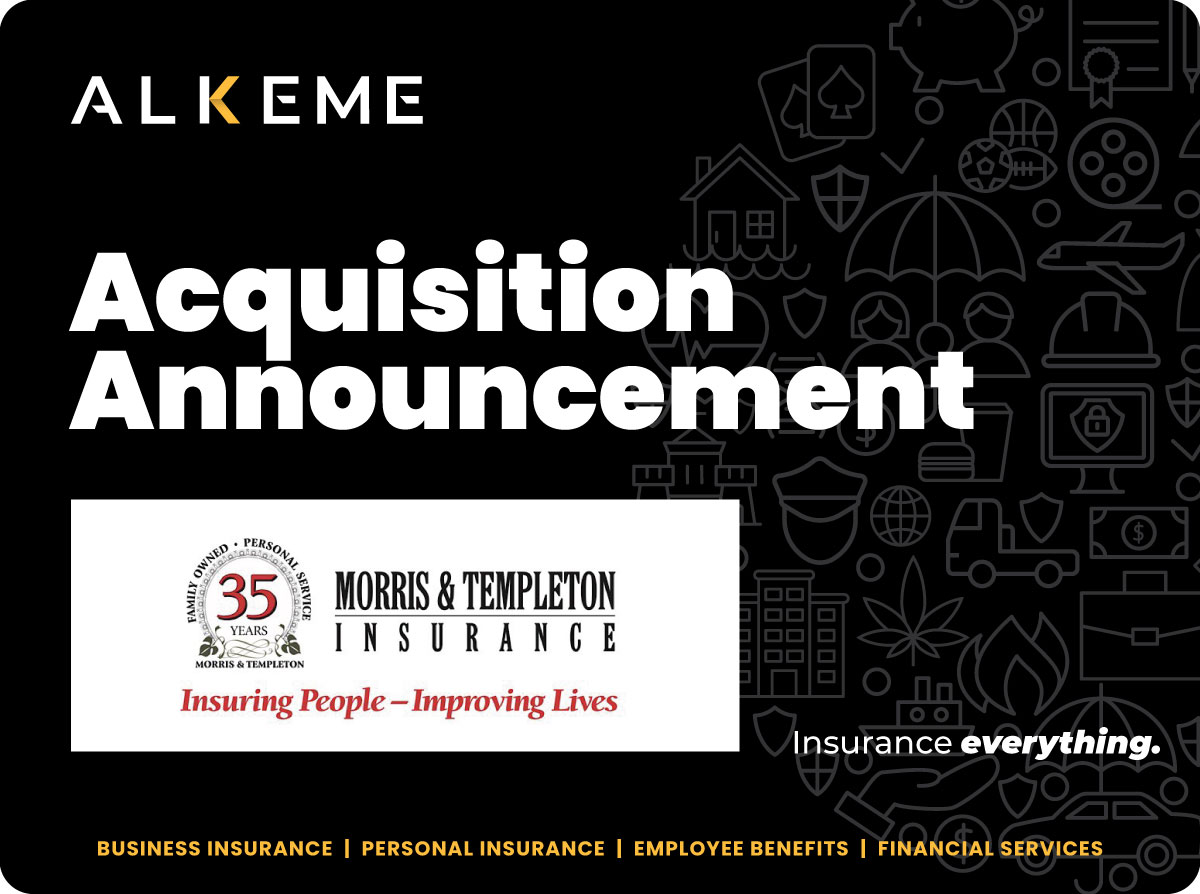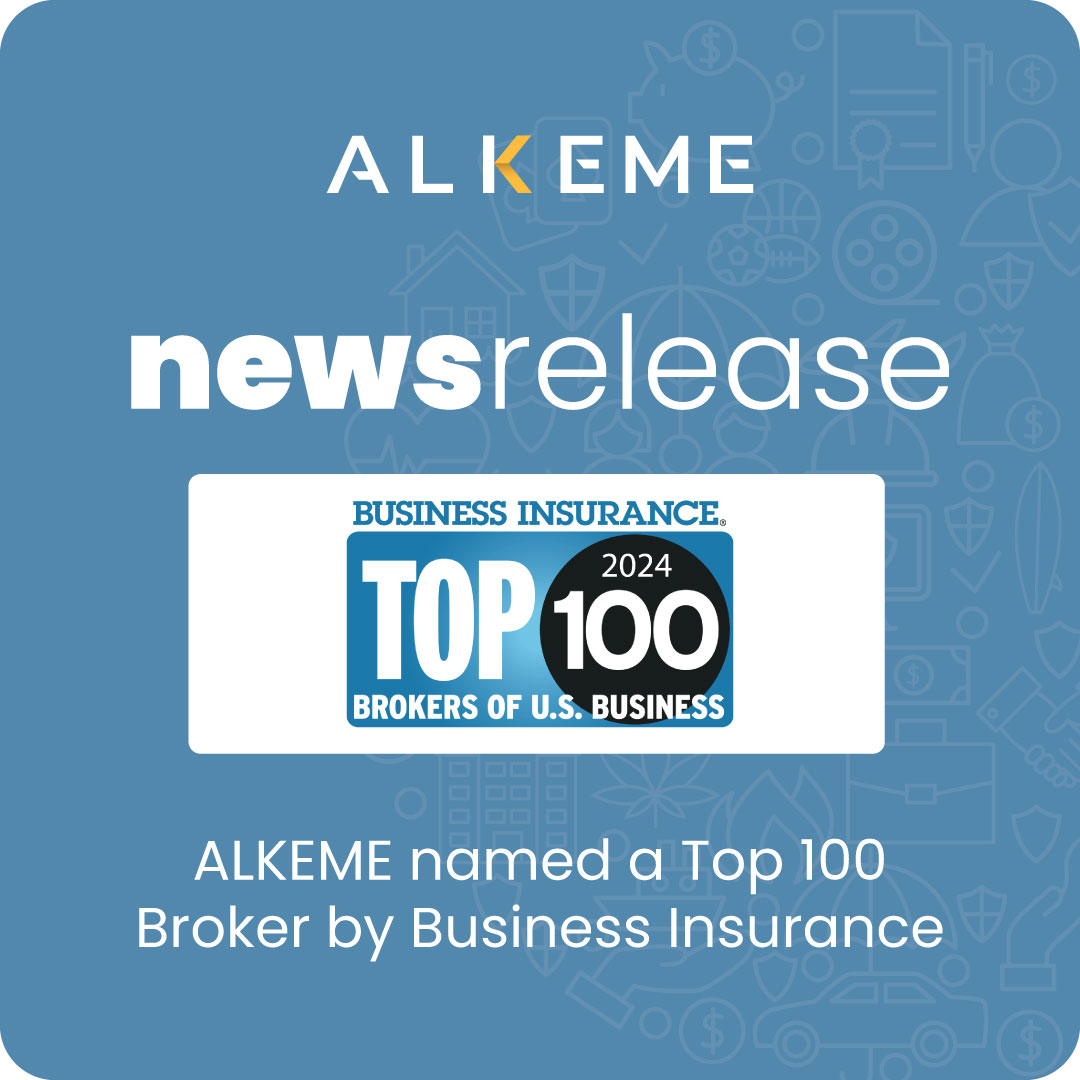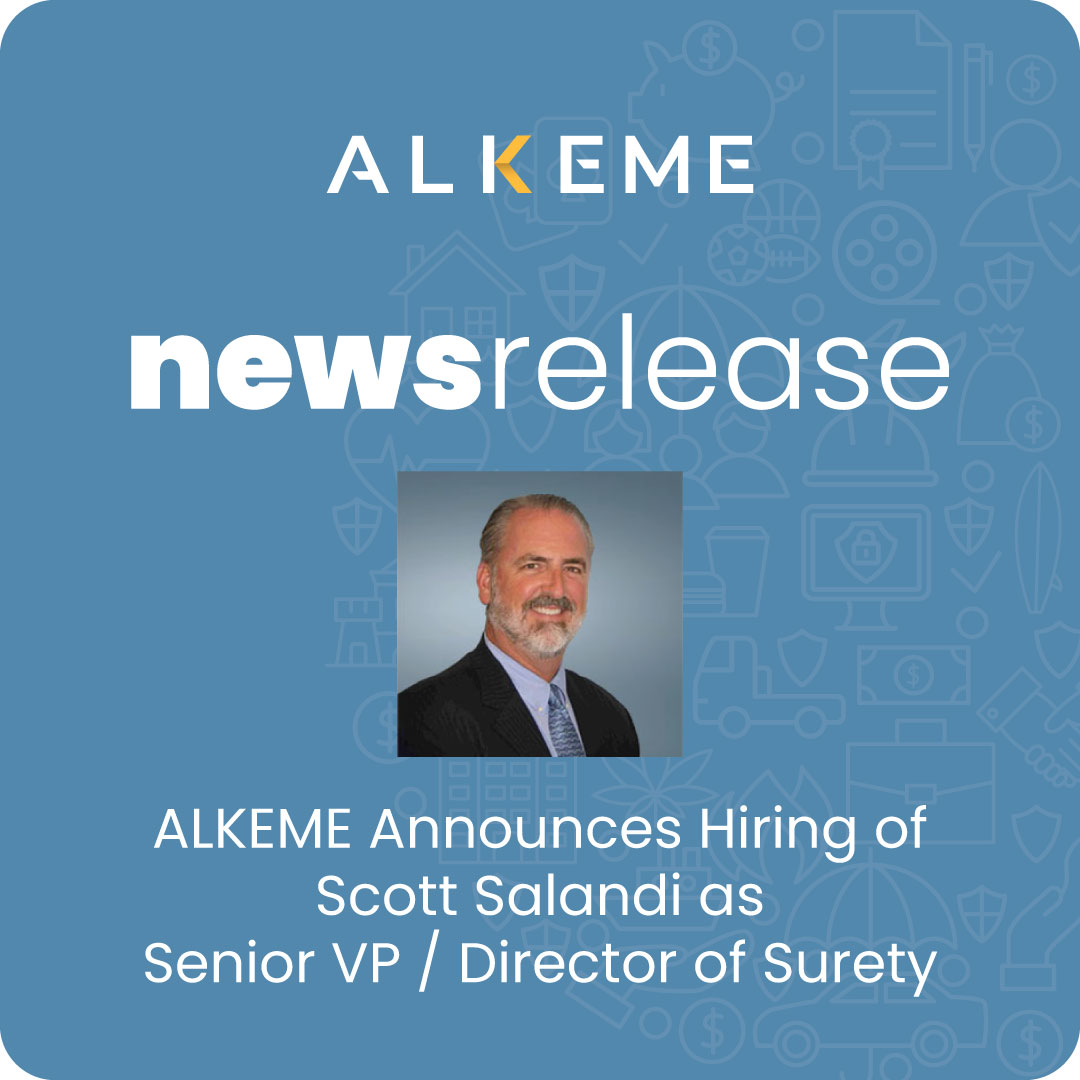Employment Practices Liability Insurance (EPLI) is a type of insurance coverage designed to protect trucking businesses from legal liabilities arising from employment-related claims and lawsuits. While EPLI is not specific to the trucking industry, it is particularly relevant given the employment dynamics and potential risks faced by trucking companies.
Coverage Overview
- Discrimination Claims:
- EPLI typically covers claims alleging discrimination based on protected characteristics such as race, color, religion, gender, national origin, age, disability, or genetic information. This includes claims of disparate treatment, disparate impact, or failure to provide reasonable accommodations.
- Harassment Claims:
- EPLI covers claims of harassment in the workplace, including sexual harassment, hostile work environment, and other forms of unlawful harassment based on protected characteristics. This coverage extends to allegations against supervisors, coworkers, or third parties.
- Wrongful Termination Claims:
- EPLI provides coverage for claims alleging wrongful termination, constructive discharge, or retaliatory actions by the employer in response to protected activities such as whistleblowing, filing a complaint, or participating in a discrimination investigation.
- Wage and Hour Violations:
- EPLI coverage may extend to claims related to violations of wage and hour laws, including allegations of unpaid wages, overtime violations, meal and rest break violations, misclassification of employees as independent contractors, or other violations of the Fair Labor Standards Act (FLSA) or state wage laws.
- Employment Practices Violations:
- EPLI policies typically cover a wide range of employment practices violations, including allegations of unfair hiring or promotion practices, failure to provide reasonable accommodations for disabilities, breach of employment contracts, or violations of state or federal employment laws and regulations.
- Legal Defense Costs:
- EPLI coverage includes reimbursement for legal defense costs incurred by the insured in defending against covered claims and lawsuits. This may include attorney fees, court costs, expert witness fees, and other litigation expenses associated with the defense of employment-related claims.
- Settlements and Judgments:
- EPLI policies provide coverage for settlements, judgments, and damages awarded to plaintiffs in successful lawsuits alleging covered employment practices violations. This coverage helps protect trucking businesses from financial losses resulting from adverse legal outcomes.
- Third-Party Liability:
- Some EPLI policies may include coverage for third-party liability claims, such as claims brought by customers, vendors, or other third parties alleging employment-related misconduct or discrimination by the insured company’s employees.
By offering comprehensive coverage for a wide range of employment-related claims and lawsuits, EPLI helps trucking businesses protect their financial interests, minimize legal risks, and maintain a productive and compliant work environment. It provides peace of mind to employers knowing that they have insurance protection in place to address potential employment-related disputes and litigation.
Protection for Employers
- Financial Protection Against Legal Costs:
- EPLI coverage provides financial assistance to trucking businesses to cover the costs of defending against employment-related claims and lawsuits. This includes legal fees, court costs, deposition expenses, and other litigation-related expenses incurred in the defense of covered claims.
- Without EPLI coverage, trucking companies would be responsible for paying these costs out of pocket, which can be substantial and potentially financially crippling, especially in the case of prolonged or complex legal proceedings.
- Coverage for Settlements and Judgments:
- EPLI policies provide coverage for settlements, judgments, and damages awarded to plaintiffs in successful lawsuits alleging covered employment practices violations. This coverage helps protect trucking businesses from bearing the financial burden of paying settlements or judgments out of pocket.
- The insurance company assumes responsibility for covering the costs associated with settlements or judgments, up to the policy limits, relieving the employer of the direct financial impact of adverse legal outcomes.
- Mitigation of Financial Risks:
- By transferring the financial risks associated with employment-related claims to the insurance company, EPLI helps trucking businesses mitigate the financial risks inherent in managing a workforce. This allows employers to focus on their core business operations without the fear of significant financial losses due to employment-related disputes.
- EPLI coverage provides a safety net for trucking companies, ensuring they have the financial resources to address legal challenges and potential liabilities arising from employment-related claims without depleting their operational budgets or jeopardizing their financial stability.
- Preservation of Assets and Resources:
- EPLI coverage helps protect the assets and resources of trucking businesses by providing insurance protection against employment-related liabilities. This ensures that the company’s assets, including cash reserves, property, and investments, are safeguarded from potential claims and judgments resulting from employment-related disputes.
- By preserving their assets and resources, trucking companies can maintain liquidity, support business growth and expansion, and withstand unexpected financial setbacks or challenges.
- Enhanced Risk Management and Compliance:
- The availability of EPLI coverage incentivizes trucking businesses to implement effective risk management strategies and comply with employment laws and regulations to reduce the likelihood of employment-related claims. This includes adopting fair and equitable employment practices, providing comprehensive employee training, and maintaining accurate employment records.
- By promoting a culture of compliance and risk awareness, EPLI coverage helps trucking companies proactively address potential employment-related risks and minimize the likelihood of facing costly legal disputes or regulatory fines.
In summary, EPLI provides trucking businesses with invaluable protection against the financial risks and legal liabilities associated with employment-related claims and lawsuits. By transferring these risks to the insurance company, EPLI helps employers preserve their financial resources, protect their assets, and focus on their core business activities without the fear of financial ruin due to employment-related disputes.
Importance of EPLI
Having Employment Practices Liability Insurance (EPLI) is crucial for trucking businesses due to several key reasons beyond those already discussed:
- Legal Expertise and Resources:
- EPLI policies often come with access to legal expertise and resources provided by the insurance company or third-party vendors. This can include legal helplines, online compliance resources, and guidance on best practices for managing employment-related risks.
- By leveraging these resources, trucking businesses can enhance their understanding of employment laws and regulations, improve their compliance efforts, and effectively navigate complex legal issues when they arise.
- Protection Against Reputational Damage:
- Employment-related claims and lawsuits can damage a trucking company’s reputation and brand image, potentially leading to negative publicity, loss of customer trust, and diminished employee morale. EPLI coverage helps mitigate reputational risks by providing support to manage and resolve employment-related disputes discreetly and efficiently.
- Protecting the company’s reputation is essential for maintaining positive relationships with customers, suppliers, investors, and other stakeholders, ultimately contributing to the long-term success and sustainability of the business.
- Coverage for Emerging Risks:
- The employment landscape is continually evolving, with new laws, regulations, and trends emerging over time. EPLI coverage helps trucking businesses stay ahead of emerging risks by providing insurance protection against evolving employment-related liabilities.
- As new challenges arise, such as changes in employment laws, increased remote work arrangements, or heightened awareness of diversity and inclusion issues, EPLI coverage ensures that trucking companies have the necessary financial protection and resources to address these challenges effectively.
- Peace of Mind and Business Continuity:
- EPLI coverage provides peace of mind to trucking business owners and managers, knowing that they have insurance protection in place to address potential employment-related disputes and legal liabilities. This allows them to focus on running their business operations without the constant fear of financial ruin due to legal challenges.
- With EPLI coverage in place, trucking companies can maintain business continuity and stability, even in the face of unforeseen employment-related risks or disputes. This helps ensure the continued success and viability of the business over the long term.
- Attractiveness to Business Partners and Investors:
- Having EPLI coverage in place can enhance a trucking company’s attractiveness to business partners, customers, suppliers, and potential investors. It demonstrates the company’s commitment to responsible business practices, risk management, and compliance with employment laws and regulations.
- EPLI coverage can be a valuable differentiator for trucking businesses seeking to build strategic partnerships, secure contracts with reputable clients, or attract investment capital to support business growth and expansion initiatives.
In conclusion, having Employment Practices Liability Insurance (EPLI) is essential for trucking businesses to access legal expertise, protect their reputation, address emerging risks, maintain business continuity, and enhance their attractiveness to stakeholders. EPLI coverage provides comprehensive insurance protection and resources to navigate the complexities of employment-related risks and legal challenges effectively, ensuring the long-term success and sustainability of the business.
Share this article
Follow us
Latest articles
July 27, 2024
July 27, 2024




